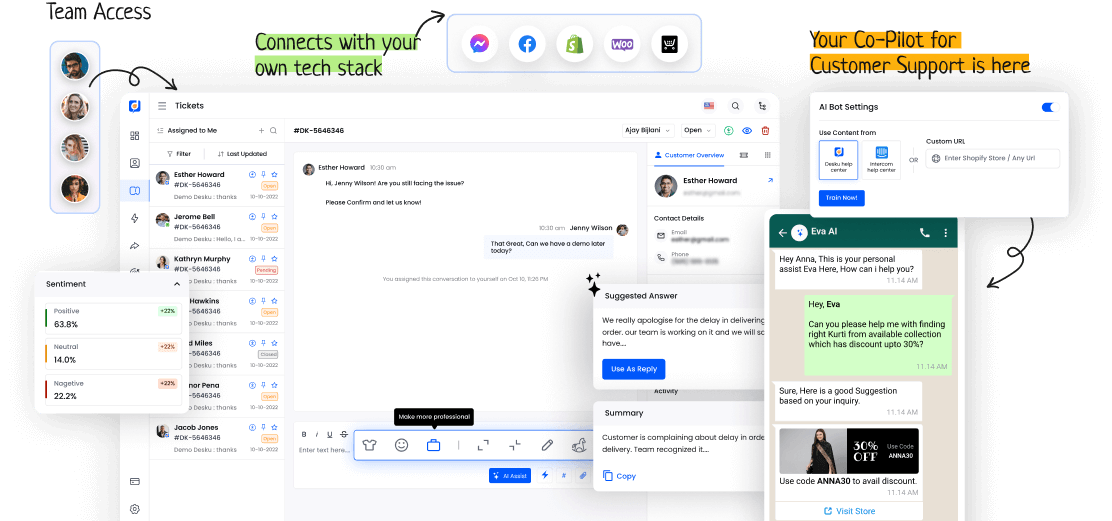VoIP infrastructure is the heart of today's communication systems. It allows voice to travel over internet networks. The network is made up of routers, gateways, and servers. These pieces work together to ensure a smooth flow of voice data. This boosts connectivity for users.
When we look closer at VoIP infrastructure, we see how technology changes communication. By understanding the parts and processes, we see the complexity of this key system. It gives us a better understanding of its important role in boosting connectivity and improving the user experience.
The complexity and effect of VoIP infrastructure make us want to learn more. It shows the impact it has on our everyday talks.
I. Understanding VoIP Infrastructure
VoIP infrastructure is the base of hardware and software that allows voice communications over the internet protocol.
When setting up VoIP, you must solve connectivity problems to ensure smooth communication. Knowing the ins and outs of VoIP infrastructure is key.
It helps you fix any connectivity issues that may come up during use, making the experience better for the user.
II. Components of VoIP Infrastructure
Knowing the main parts of VoIP infrastructure is key to guarantee smooth voice chats over the internet protocol. VoIP rules guide the sending of voice data packets.
The network design includes things like routers, switches, gateways, and servers. These help in the direction and delivery of voice data. All these parts make up the spine of VoIP systems.
They allow for effective and dependable voice chat over IP networks.
III. Benefits and Challenges of VoIP Infrastructure
Diving into VoIP infrastructure reveals many pros and cons. Organizations need to think about these.
VoIP infrastructure offers cost savings, scalability, and flexible communication. But, there are also challenges.
Network security, reliability during power outages, and possible system compatibility issues are major concerns. These factors should be considered when deciding to use VoIP infrastructure.









